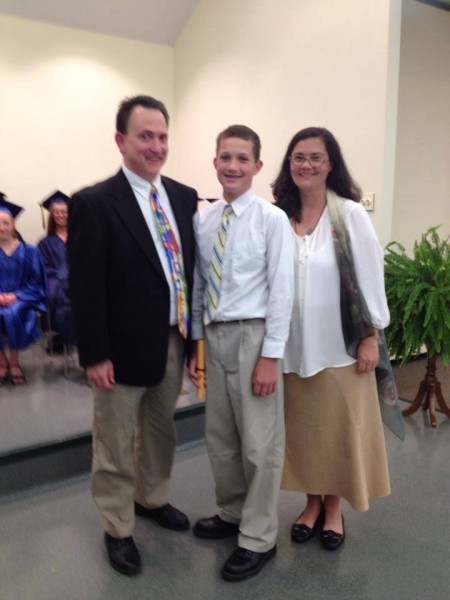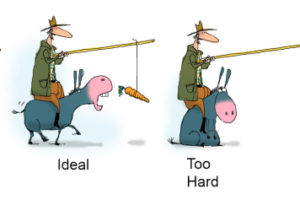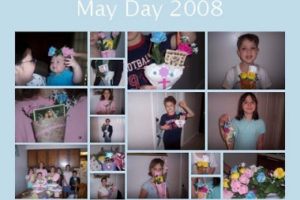How Do I Tell My Child He’s Dyslexic?
When we presented the concept of dyslexia to our 8th grade son just before having him tested, we presented it as a positive (with the tiny negative that you have to work harder to read — but hard work is a virtue, anyway.) Once he was diagnosed as dyslexic, we described what dyslexia was including the brain differences to show him that it had nothing to do with his ACTIONS (he was not at fault for being different), but just biologically different. For example just as he’s a little taller than his brother — biological differences don’t have judgements attached to them, they just are. We put all those differences as honestly and positively as we could. Then…
He wa tched the interview on youtube with Steven Spielberg discussing his dyslexia, then we discussed it, then we watched Indiana Jones.
tched the interview on youtube with Steven Spielberg discussing his dyslexia, then we discussed it, then we watched Indiana Jones.
I continue to read him every positive article (dyslexics being sought by the astrophysics community and the UK’s spy organization). The Strengths of Dyslexia / Famous Dyslexics I also joined several communities on facebook so those positive articles would continue to come in my feed to share with him.
We also focus on what HE does really well and it’s a family joke:
-when he fixes a chair that wiggles “Well, that’s his dyslexic brain at work.”
– when he wins at a puzzle game “He’s got an unfair advantage – his dyslexic brain.”
– when he aces a test (even if it’s a modified test for his LD) “You can thank your dyslexic brain.”
We watch every positive video we can get ahold of: Netflix is showing The Big Picture right now. After we watched it, I helped him research how much schooling it takes to become a surgeon and discussed how that guy said his dyslexia HELPED him in his upper level classes and who Charles Schwab was, etc.
If…
you’ve already presented dyslexia to your child, take heart. You can help them see the positive side by reinforcing some of these positive ideas. This post was prompted by the question
How do you get your kids to recognize their strengths when all they see is their struggles and think so negatively about themselves?”
One of the things we do is create a family environment where the siblings are NOT allowed to capitalize on each other’s weaknesses to feel better about themselves. NO BULLYING. You can tease and have fun, but you can NOT hurt each other’s feelings. (We balance this with helping our kids take comments on the chin and not being too thin skinned.) However, there is a line they don’t cross.
Along that same vein, they are NOT allowed to speak lies about themselves. Saying “I’m stupid” (or something similar) is a punishable offense with swift and severe consequences. We can have an open conversation about something being hard or a struggle. However, we don’t trash-talk gifts from God and that’s what each child is.
Also, when he gets too frustrated with himself:
– we stop our book work and do more physical dyslexia exercises
– we have him eat something before we get back to it
– I remind him of the success stories we’ve read and watched.
– and I remind him that I (his very busy and hard-working mother) am willing to invest all this time and effort on him because I KNOW he’s more capable than he even knows himself. And because I believe in him SO MUCH, I’d like him to trust me. Even if he doesn’t always believe in himself right at that moment, he can trust my vision of what he’s capable of.
Dyslexia doesn’t define who YOU ARE – fortitude, a positive attitude, and perseverance do.” ~Jenn MacDonald












